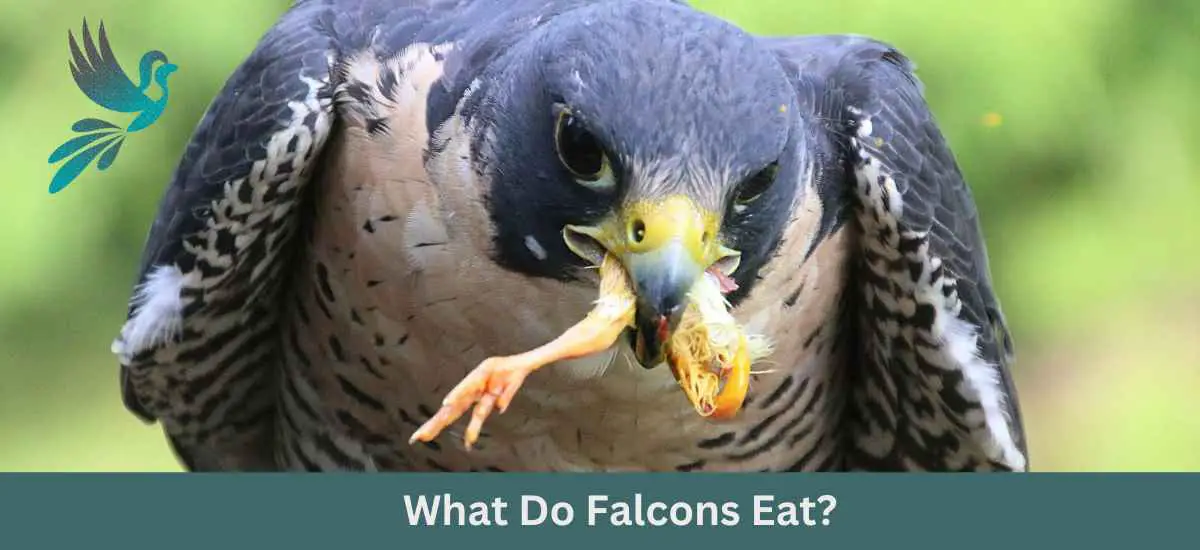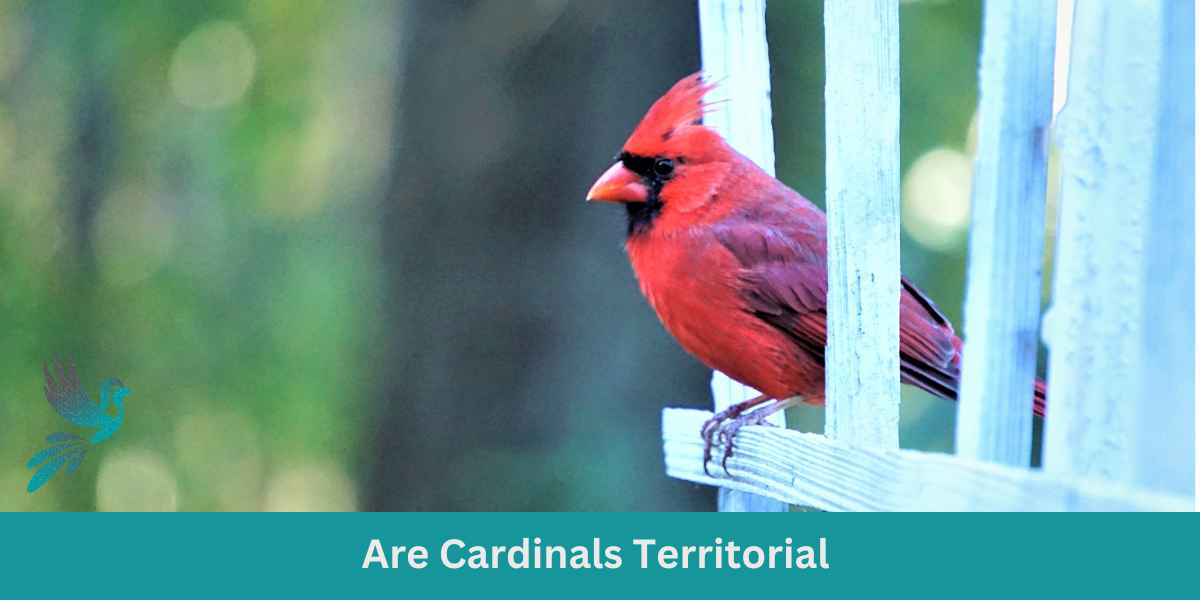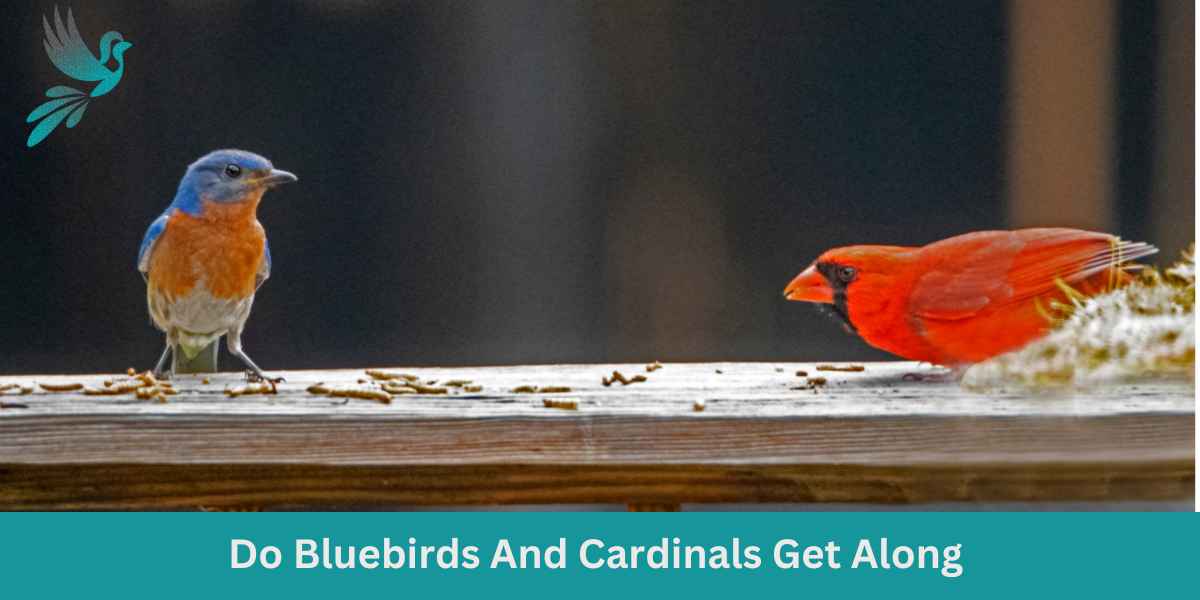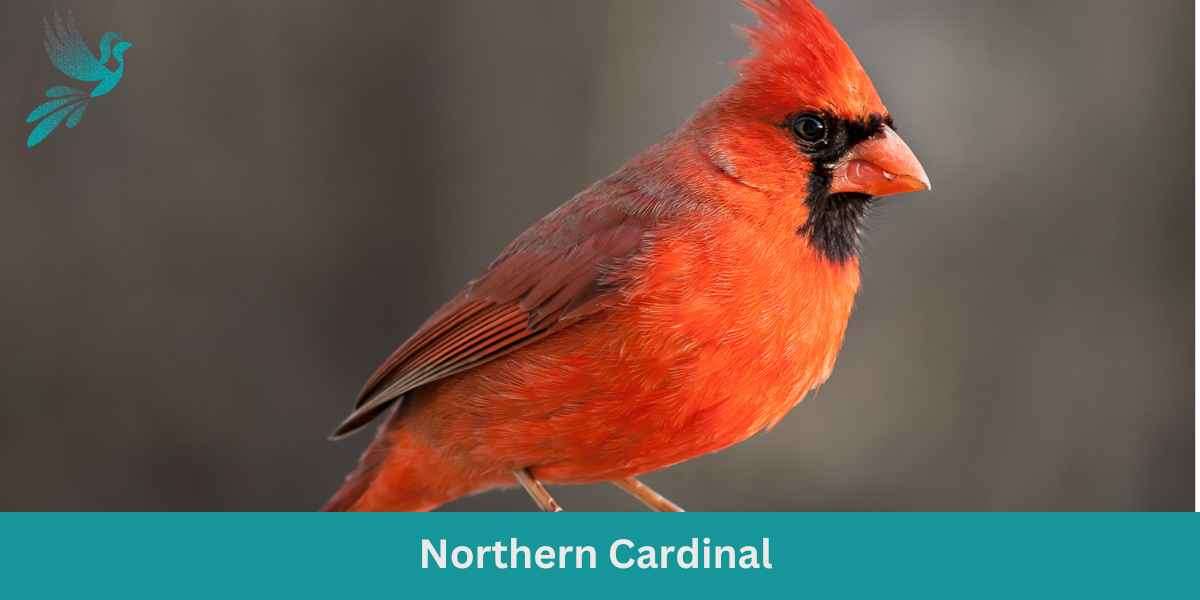Falcons are fierce birds of prey that humans have revered for centuries due to their extraordinary hunting abilities and vicious, predatory nature. These large birds have strong talons and sharp beaks, making them ideal predators of small mammals and other birds.
In this article, we’ll examine falcons’ diet and feeding habits. We’ll also discuss the significance of nutrition to these birds and the obstacles they face in their search for food.
Key Takeaways on What Do Falcons Eat
Falcons are carnivores that feed on many animals, including birds, fish, insects, small mammals, reptiles, and amphibians.
Falcons are birds of prey that typically hunt live animals and kill them with their high-velocity diving and sharp beaks. Interestingly, they are more closely related to parrots than to hawks.
Until they learn to hunt independently, baby falcons eat what their parents bring back to their nests.
What Do Peregrine Falcons Eat?
Peregrine falcons (Falco peregrinus) are among the most powerful birds on the planet, relying on their keen vision and quick flight to capture prey. Due to their dietary requirements and feeding habits, these birds of prey keep their hunting skills sharp and ready for any situation.
Peregrine falcons typically eat small birds such as doves, sparrows, and finches, but they are not above hunting larger birds such as pigeons and their eggs. Some peregrine falcons have been known to hunt other animals, such as bats and lizards, especially when their primary food source is scarce.
Peregrine falcons need high protein in their diet, so they hunt and eat as often as possible. Generally, these birds will consume prey equivalent to two medium-sized perching birds, such as blackbirds, daily.
Moreover, some peregrine falcons have been observed to scavenge carcasses from other predators, such as hawks and eagles. In other instances, falcons may steal fish from other animals.
Interestingly, all falcons share the same diet and hunting techniques, regardless of the species.
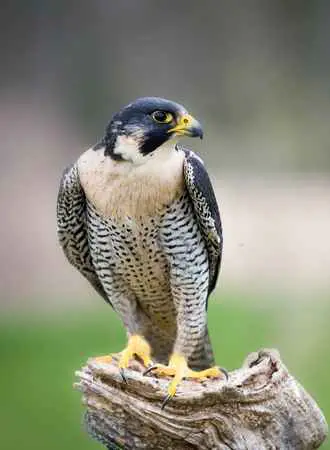
Do Falcons Eat Rodents?
A peregrine falcon is an expert hunter known for its ability to dive at high speeds to catch prey. Most of the time, this skilled predator hunts other birds like seagulls.
When other opportunities present themselves, peregrine falcons occasionally shift their focus to smaller prey such as rodents which include mice and ground squirrels. These agile hunters are more than capable of capturing mice and other small rodents by outrunning their prey with their incredible speed and sharp talons. Furthermore, they have sharp beaks that allow them to tear through flesh in pursuit of these small animals easily.
Do Peregrine Falcons Eat Snakes?
Yes, peregrine falcons will occasionally feed on snakes and other small reptiles such as lizards. Peregrine falcons have powerful talons perfectly adapted for grasping prey, allowing them to take down vulnerable reptiles like lizards and small snakes easily. Although these birds typically hunt live prey by diving down from above, they may also lie in wait near the ground or perch in trees until a passing snake wanders within striking distance.
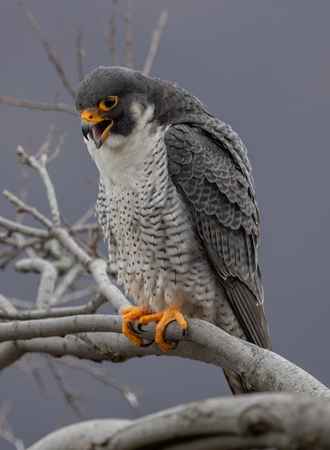
Do Peregrine Falcons Eat Pigeons?
Yes, peregrine falcons are well-known for their hunting abilities and frequently prey on smaller birds like pigeons. The peregrine falcon has tapered wings that allow it to fly at high speeds of over 200 miles per hour in a dive. This remarkable bird travels long distances searching for its preferred prey, swooping down from great heights to capture unsuspecting pigeons, doves or songbirds. For instance, many peregrines have been observed to travel from Alaska all the way to South America.
Do Falcons Eat Frogs?
Yes, peregrine falcons eat frogs, which can be part of these birds’ supplemental diet. These large birds frequently seek out these small amphibians for their high nutrient content. Many of the nutrients required by peregrine falcons, such as protein, vitamins, minerals, and fatty acids, are found in frogs.
Peregrine falcons have sharp talons that allow them to easily capture and subdue these slippery prey with little effort or risk of injury.
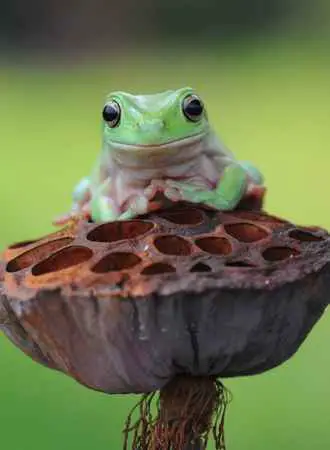
Do Falcons Eat Plants and Fruits?
Falcons are carnivores, meaning they only eat meat. They prey on other bird species, small mammals, and fish and sometimes they eat insects.
Even though they have natural predators such as other falcons, Great Horned Owls and other raptors, falcons are considered apex predators at the top of their food chain. As a result, they differ from other animals that require plant material to obtain nutrients.
What Do Falcons Eat in the City?
Many species of falcons feed on a variety of different types of birds in urban areas. Small birds such as sparrows, starlings, pigeons and doves are common prey for falcons. Furthermore, some urban falcon populations have been observed preying on ducks and other species of waterfowl at local parks.
Falcons are perfectly adapted to hunt in a bustling urban landscape due to their agility and keen eyesight. Moreover, their diet of high-protein bird meat keeps different species of falcons strong and agile even in densely populated areas like cities.
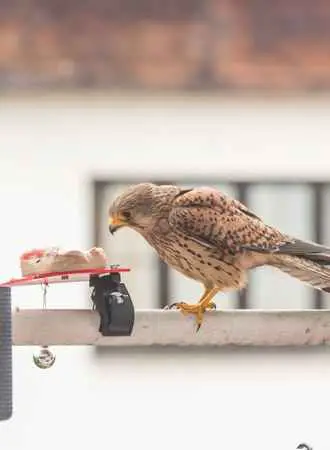
What Do Baby Falcons Eat?
Baby peregrine falcons (also called chicks) have the same diets as their parents. These birds typically prey on other birds, such as ducks, pigeons, doves and smaller songbirds. They occasionally hunt other animals, such as mice, bats, young rabbits, squirrels, fish, frogs and snakes.
One parent peregrine falcon is usually responsible for hunting and feeding the baby peregrine falcons, while the other parent guards and cares for the nest at their breeding grounds.
After capturing the prey, that parent peregrine falcon will bring it back to the nest and use its beak to tear chunks of meat off and feed it to the baby peregrine falcons. The parents alternate this task every day until their young falcons are old enough to hunt successfully on their own.
FAQs on the Hunting and Feeding Habits of Falcons
Do Falcons Hunt in Groups?
While falcons are well-known for their hunting techniques, most people are surprised to learn that these birds rarely hunt in groups. In fact, most falcons are solitary hunters who only interact with members of the opposite sex during the breeding season.
However, some falcon species, such as Aplomado Falcons and Peregrine Falcons, occasionally hunt in pairs. This group hunting strategy helps flush out prey, allowing each bird to chase and capture its intended target.
Falcons are known for their keen eyesight and lightning-fast speed, making them formidable predators from which even the most cunning prey cannot flee. While falcons can be impressive solo hunters, they can also pack a powerful punch when working as a team of two.
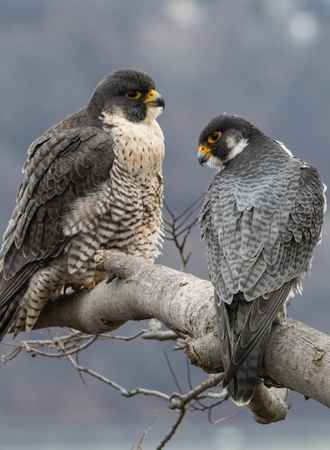
Do Falcons Hunt at Night?
The peregrine falcon is well-known for its hunting abilities, constantly looking for its next meal. Although most peregrine falcons prefer to hunt at dawn and dusk, when prey animals are out and about, it also hunts at night. This nocturnal hunting behavior allows peregrine falcons to take advantage of the abundance of prey animals that move around when it gets dark.
Peregrine falcons may have more opportunities to hunt at night in cities and towns with more artificial lights than in less urbanized areas. During migration, many migratory birds will only pass through cities at night, often flying close to artificial lights for guidance. Peregrine falcons take advantage of the abundance of nocturnal prey by raising their eyes to the sky to track their next prey.
Despite the success of peregrine falcons’ nighttime hunting methods, they spend most of their day hunting for prey and usually return to their daytime roosts long before sunrise or after sunset.
How Often and How Much Food Do Falcons Eat?
Peregrine falcons are highly adaptable and have opportunistic hunting behaviors and eat as often as possible. This feeding habit is partly due to the unpredictability of their prey sources; peregrine falcons may feed on small songbirds one day, large gulls or shorebirds the next, and even waterfowl sometimes. As a result, peregrine falcons hunt actively throughout the day, consuming as much prey as possible when they come across it.
Furthermore, peregrine falcons have extremely powerful metabolisms that allow them to digest their food quickly and efficiently and take advantage of short feeding windows.
The diet of falcons varies depending on their size and body weight as well. For instance, the diet of larger species of falcon such as the Gyrfalcon differs from the diet of the smaller species of falcon, the pygmy falcon.
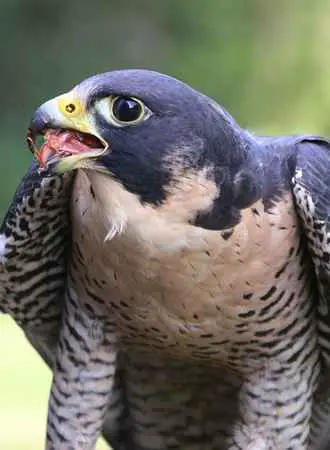
Can You Feed Wild Falcons?
Although it may appear tempting to feed these magnificent creatures, doing so is not a good idea for various reasons.
Wild falcons have evolved to hunt and catch prey independently, necessitating protein-rich food sources to meet their nutritional requirements. Underfeeding them may result in health problems such as weakened muscle tone and decreased resistance to illness.
Feeding a wild falcon can actually interfere with its natural instincts. Wild falcons, for example, may begin breeding earlier than usual or remain at the same nesting sites rather than moving around in search of new prey sources if they are overly needy.
While it may be tempting to feed a wild falcon in some way, the long-term consequences of such actions are not worth it. It is preferable to let the birds fend for themselves and live out their natural lives in their habitat, undisturbed. After all, that is where they belong.

